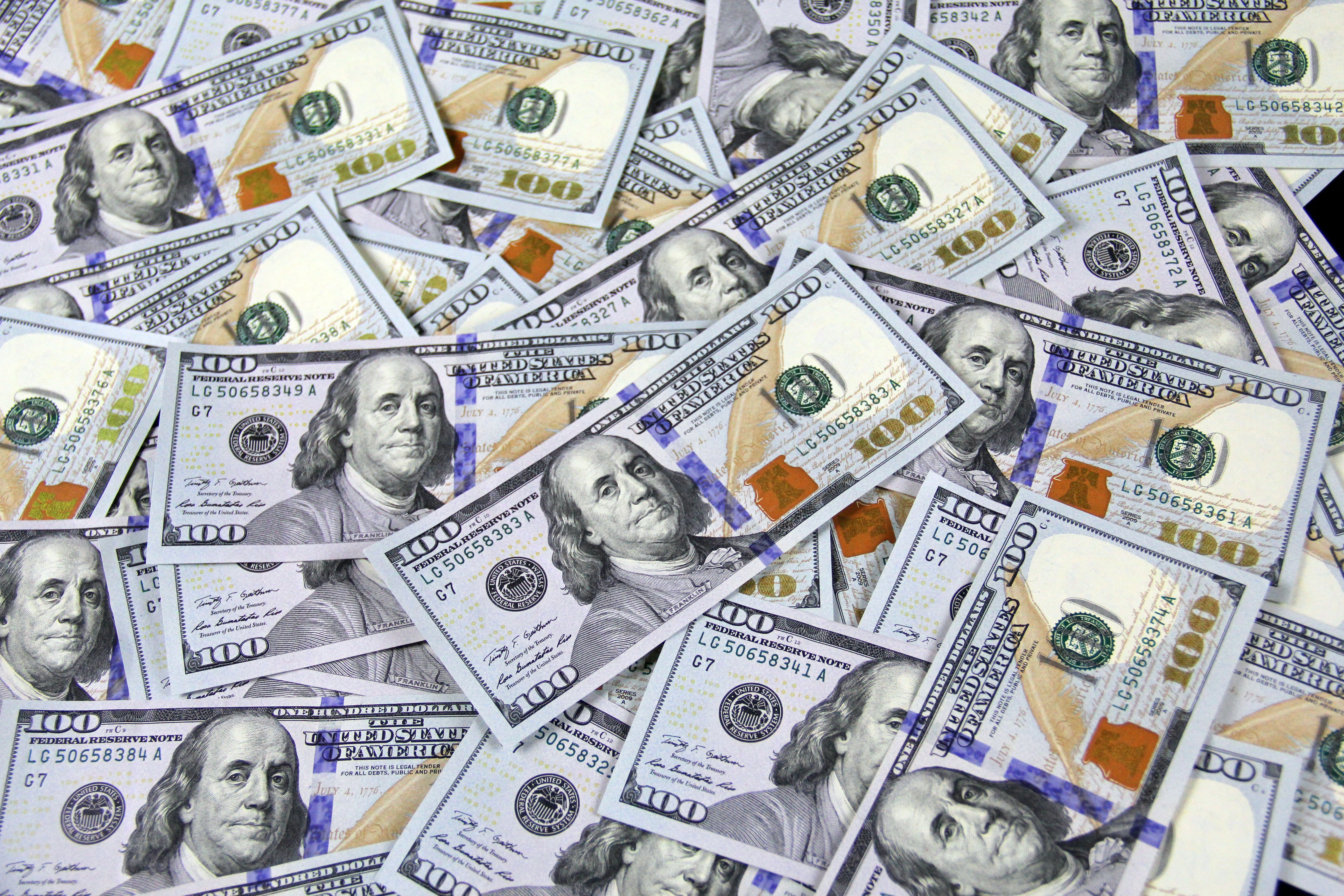In 2017, market challenges affected Foreign Exchange (FX) availability and caused our banks to set limits on foreign exchange transactions. Now once again, those same market conditions have deteriorated and we are back at it.
It is a common measure in countries around the world for their Central Banks to hold a significant amount of reserves in their foreign exchange. Trinidad and Tobago is no different, in that our Central Bank also has the mandate to keep a foreign exchange reserve.
Foreign exchange reserves are liquid foreign assets held on reserve by a nation’s central bank in foreign currencies. (liquid meaning can be easily converted to cash). It includes any foreign money held by a central bank and may also include gold, IMF special drawing rights, banknotes, bonds, treasury bills, deposits, and other government securities. It has been recommended by economic analysts that countries not retain the currencies that are directly linked to their own. For the most part, foreign exchange reserves are held in U.S. dollars, with China being the largest foreign currency reserve holder in the world.
These reserves are managed and monitored by a Central Bank according to set protocols and established procedures. A country’s foreign reserves are used to back liabilities and influence monetary policy. For instance, holding foreign currency reserves can act as collateral enabling the country’s ability to pay for investments or debts. A low or decreasing foreign currency reserve can certainly be an impediment, affecting a country’s creditworthiness.
There are instances where central banks can try to maintain the current fixed exchange rate peg in the event of a currency crisis by dipping into the country's foreign reserves.
It is of vital importance for a nation to have backup funds should the unfortunate happen, and their national currency rapidly devalues or becomes insolvent at any point in time.
Because the most traded currency in the world is the U.S. dollar, many nations, if not all, maintain their reserves in that currency. This does not mean that they won’t have reserves in other currencies; we may also store reserves in the British pound (GBP), the euro (EUR), the Chinese yuan (CNY) or the Japanese yen (JPY) as well.
A quick detour to 2021, where we’re feeling the after-effects and economic shock of COVID-19. Vital revenue-generators have been shut down world-wide. Things like tourism and air travel have halted, leaving economies dry.
As having a foreign exchange reserve is a critical function so as to maintain liquidity in case of an economic crisis, COVID-19 was that global economic crisis that crippled the world. No doubt now, and as expected in any economic crisis, many economies have had to dip into their reserves as they have been forced to switch on their survival mode during the pandemic and now even more so, as the world heads into a new reconstruction period. Now prior to COVID, we would all have had other economic issues to deal with.
It must be mentioned here, that however our foreign reserves were affected, it was outside of the political arena. These changes are situated outside of the bubble of Trinidad and Tobago’s politics. Let’s attempt to explain this further and simpler.
Trinidad is only an island geographically, but it is not an island economically. We are connected to the entire global economy and thus, whatever happens globally will impact us directly. While it seems now like we’ve been hit harder than before, what actually was our situation prior to the recent oil and gas declining revenue problem, was that we were somewhat sheltered. So, with the negative impact of the falling revenues from the oil and gas industry (not just locally, but globally as well) we were left more exposed to the external factors which we previously did not have to worry about. It’s not that we are not protected because of any government injections or interventions, but because of the manner in which we are connected to the global economy, which in the past, rewarded oil producers with high prices resulting in higher revenue streams. Now that oil and gas are not fetching the prices they used to bring in, the effect of our connection to the global economy has changed and we are no longer as sheltered.
Note also, that the issues in the current dollar shortage is not unique to just Trinidad and Tobago.
The USD market has been under huge strain for quite some time and the pandemic did not help. COVID-19 amplified the US currency strains and it seems as though the dollar has been hit from all sides. From the onset, it can be said that the dollar is the dominant macroeconomic variable in many economies. It is the gold standard of currencies. Most persons prefer to hold their wealth in USD rather than in any other hard currency. Thus, in terms of the financial and real economy, it is the USD that sets the pace. So herein lies the real economic impact of the global pandemic.
As the pandemic took form in world economies, our level of economic risks increased. Supply chains in the global market space broke down and were cut off completely in some cases. Because of the disruption to these trade links and falls in the prices of its primary export commodities, Trinidad and Tobago (TT) continued to experience a reduction in its ability to earn hard currency. Some economies were fortunate early enough to press for funding that could help. As the pandemic continued on and the situations worldwide seemed to become even more severe, what do you think happened?
One must understand now, how the shortage situation with the USD heightened and key economies are left in need. Nations like TT are stretched, but thankfully, we have not gotten to the point of some other nations that are desperate for the dollar, as their foreign exchange liquidity sources are close to depletion or even depleted by now.
The world has been holding strain.
So, the banks have to take measures now, in response to that strain/pressure on our FX reserves hence the rollout of the new policies by Republic Bank and JMMB (to date).
Unfortunately, it was not something purely internal that these institutions could have foreseen, as this global disaster originated outside the financial realm.
A pandemic is a true exogenous shock. (Council on Foreign Relations)
According to the Central Bank’s January 2021 Economic Bulletin, “Sales of foreign exchange to the public by authorised dealers were dominated by Credit Cards (31.0 per cent)...”.
In this economic environment, it is therefore not a stretch to understand why both banks placed additional restraint on the amount of USD which they make available to the public via their credit/debit cards.
In order to ensure continued access to hard currency, they have chosen to address the FX shortage by reducing our access to USD, via reducing our USD card limits. RBL maintained that this measure was necessary to managing its foreign exchange portfolio, while JMMB holds that if the foreign currency situation continues to deteriorate, further adjustments will have to be made.
Only time will tell...
Sources:
https://central-bank.org.tt/sites/default/files/latest-news/economic-bulletin-january-2021.pdf



